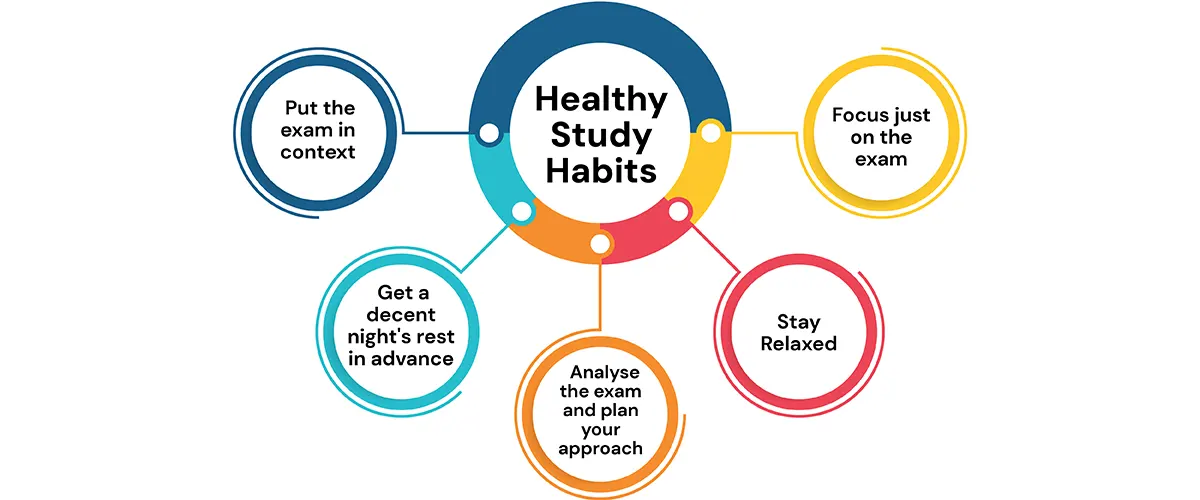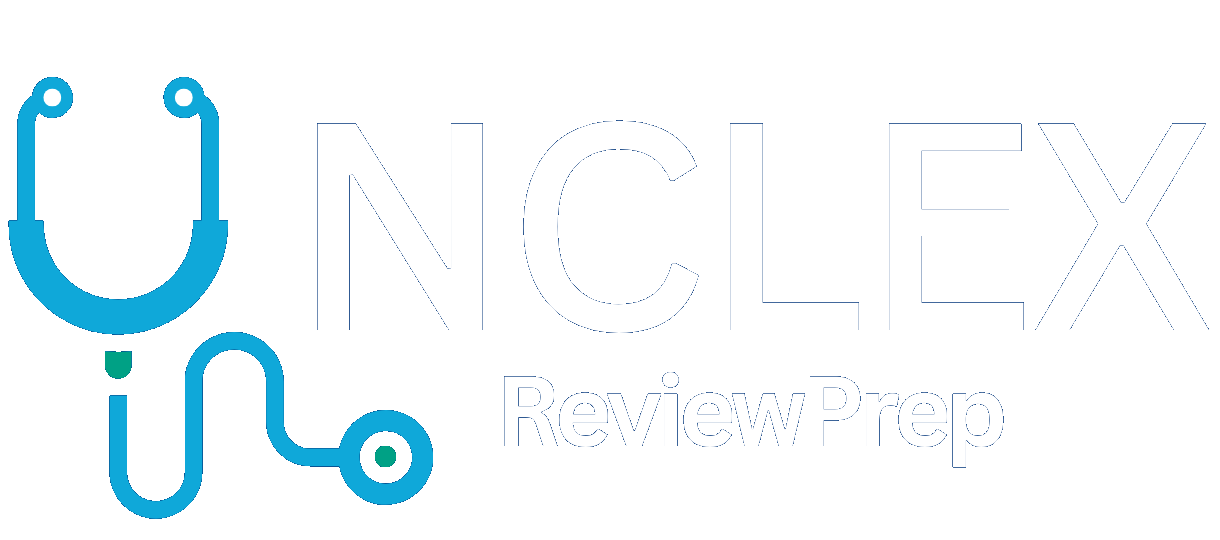
Master the NCLEX: The 1 Daily Study Routine for NCLEX Success!
Preparing for the NCLEX exam requires not just dedication but also a well-structured daily study routine. The right routine helps you cover all critical content areas, build exam endurance, and retain essential knowledge to pass the exam on your first attempt.
This guide outlines a step-by-step daily study routine for nclex success, ensuring that you focus on high-yield topics, practice effectively, and balance study with self-care.
Why a Daily Study Routine Matters for NCLEX Prep
Consistency is key to mastering the vast content tested on the NCLEX. A daily study routine offers:
- Structure: Ensures you study systematically without missing crucial topics.
- Retention: Regular review solidifies concepts in long-term memory.
- Improved Confidence: Routine practice builds familiarity with NCLEX-style questions.
Without a structured plan, you risk wasting time on ineffective studying or neglecting important areas.
If you’re unsure where to start, consider using our RN/PN Exam Score Updates to improve your nclex scores and guarantee sucess.
Step-by-Step Guide to an Ideal NCLEX Study Routine
Here is a detailed breakdown of what your daily study schedule should include:
1. Start Your Morning with Content Review
The morning is when your brain is at its freshest, making it the perfect time for focused content review.
| Morning Schedule | Activity | Duration |
|---|---|---|
| 8:00 AM – 8:30 AM | Quick content warm-up: Flashcards | 30 minutes |
| 8:30 AM – 10:30 AM | Focused content review (1 subject) | 2 hours |
Focus on High-Yield Content
Concentrate on NCLEX topics that are heavily weighted, such as:
- Pharmacology: Medications, side effects, and dosage calculations.
- Safety and Infection Control: Isolation protocols and patient safety principles.
- Patient Prioritization: Use Maslow’s Hierarchy and the ABC framework.
2. Mid-Morning: Practice NCLEX-Style Questions
After content review, reinforce what you’ve learned with NCLEX-style practice questions.
Why Practice Questions Matter
- Develop critical thinking and test-taking strategies.
- Build familiarity with different question types: Multiple-choice, SATA, and prioritization.
| Mid-Morning Routine | Activity | Duration |
|---|---|---|
| 10:30 AM – 11:30 AM | Practice 50–75 NCLEX-style questions | 1 hour |
| 11:30 AM – 12:00 PM | Review rationales for incorrect answers | 30 minutes |
Tip: Use platforms like UWorld, Kaplan, or our nclexreviewprep.com for realistic NCLEX practice questions.
Balancing Study Blocks with Short Breaks
Breaks are essential to prevent burnout and maintain productivity. Studies show that short, frequent breaks improve focus and cognitive performance.
Learn how to study for and pass the nclex in 5 weeks with this new guide.
Implement the Pomodoro Technique
The Pomodoro Technique involves studying in short, focused intervals followed by short breaks:
- Study for 25 minutes.
- Take a 5-minute break.
- Repeat 4 cycles, then take a longer 15–30 minute break.
| Time Block | Activity |
|---|---|
| 25 minutes | Focused content review |
| 5 minutes | Short mental break |
| Repeat 4 times | Longer break afterward |
Ideal Break Activities:
- Take a short walk or stretch.
- Drink water or have a light snack.
- Avoid distractions like social media or TV.
Afternoon: Deep Dive into Weak Areas
After a refreshing lunch break, the afternoon is ideal for tackling your weakest content areas. Use this time for intensive study sessions:
1. Review Weak Topics Identified in Diagnostics
Focus on areas where you scored the lowest in your diagnostic test. Common weak areas include:
- Cardiovascular Nursing
- Mental Health and Coping
- Pharmacological Therapies
| Afternoon Schedule | Activity | Duration |
|---|---|---|
| 1:00 PM – 2:30 PM | Weak area content deep dive | 1.5 hours |
| 2:30 PM – 3:00 PM | Summarize notes on weak topics | 30 minutes |
Evening: Light Review and Reflection
Evenings are perfect for lighter study activities that reinforce what you learned throughout the day.
1. Review Notes and Flashcards
Spend time revisiting:
- Notes summarizing high-yield content.
- Flashcards for quick recall of important concepts like drug names and prioritization frameworks.
2. Reflection and Goal-Setting for the Next Day
End your day by reflecting on what you accomplished:
- Identify what worked well in your study session.
- Set clear goals for the following day:
- Topics to review.
- Number of practice questions to complete.
| Evening Routine | Activity | Duration |
|---|---|---|
| 7:00 PM – 8:00 PM | Review notes and flashcards | 1 hour |
| 8:00 PM – 8:30 PM | Plan goals for the next day | 30 minutes |
Test-Taking Practice: Building Endurance for the NCLEX
To truly succeed on the NCLEX, incorporating test-taking practice into your daily study routine is non-negotiable. The NCLEX exam is long—up to 5 hours—and building mental endurance is key.
1. Simulate Real NCLEX Conditions
Treat every full-length practice test as if it’s exam day.
- Time Management: Complete the test in one sitting within the 5-hour limit.
- Eliminate Distractions: Use a quiet room, turn off devices, and avoid interruptions.
- Break Schedule: Stick to the exam’s scheduled break times.
| Simulation Plan | Activity | Duration |
|---|---|---|
| Morning: Full-length test | Practice NCLEX-RN/PN test (75–145 Qs) | 3–5 hours |
| Afternoon: Analysis | Review test results and rationales | 1–2 hours |
2. Review Practice Test Results Thoroughly
A practice test isn’t just about answering questions—it’s about learning from your mistakes.
How to Analyze Results Effectively
- Review Incorrect Answers: Understand why you got it wrong.
- Track Recurring Mistakes: Identify question types or topics you struggle with.
- Focus on Rationales: Pay attention to the explanations behind correct answers.
Pro Tip: Keep a mistake log—a notebook or spreadsheet where you list incorrect questions and their correct rationales. Regularly review this log to reinforce learning.
Incorporating Self-Care into Your Daily Routine
Balancing rigorous NCLEX preparation with self-care is essential for long-term success. Without proper rest and stress management, burnout can set in and hinder your performance.
1. Prioritize Sleep
Sleep is vital for memory retention and mental focus. Aim for 7–9 hours of quality sleep each night.
| Sleep Tips |
|---|
| Stick to a consistent bedtime schedule. |
| Avoid screens (phones, tablets) before bed. |
| Practice relaxation techniques like deep breathing or meditation. |
2. Practice Mindfulness and Relaxation
Integrating mindfulness into your routine can help manage stress and improve focus.
- 10-Minute Meditation: Use apps like Calm or Headspace to unwind.
- Journaling: Spend a few minutes each evening writing down positive achievements or reflections.
- Exercise: Include physical activity, such as yoga or walking, to refresh your mind and body.

Suggested Image: Include an infographic on “5 Simple Self-Care Habits for NCLEX Students.” Alt Text: Daily self-care activities for nursing students preparing for the NCLEX.
Creating a Study Plan That Fits YOUR Schedule
Every student’s situation is unique—some are juggling work, family responsibilities, or other obligations. The key to success is to adapt the daily study routine to suit your lifestyle.
Flexible Study Plan Options
-
Full-Time Students:
- Focus on a traditional 6–8 hour study day split into morning, afternoon, and evening sessions.
-
Working Professionals:
- Break your study time into smaller blocks (e.g., early morning, lunch break, and evening).
- Use weekends for full-length practice tests and content deep dives.
-
Parents or Caregivers:
- Study during children’s nap times or school hours.
- Incorporate mobile apps for on-the-go practice (e.g., waiting in line, commuting).
| Study Plan | Focus Areas | Duration |
|---|---|---|
| Early Morning (6–7 AM) | Practice NCLEX questions | 1 hour |
| Lunch Break (12–1 PM) | Flashcards or quick review | 30–60 minutes |
| Evening (7–9 PM) | Deep dive into weak topics | 2 hours |
FAQs: Building the Perfect Daily Study Routine for NCLEX
Addressing frequently asked questions can help streamline your preparation process.
1. How Many Hours Should I Study Each Day for NCLEX?
Aim for 3–5 hours of focused study time daily. Adjust this based on your timeline and comfort level.
2. Should I Take Practice Tests Daily?
No, but aim for 2–3 full-length practice tests weekly while supplementing with 50–100 questions daily.
3. How Do I Balance Study Time and Self-Care?
Use the Pomodoro Technique to balance focused study with breaks. Incorporate relaxation activities like meditation and exercise.
Conclusion: Follow the Routine, Achieve the Dream
A well-structured daily study routine is your roadmap to passing the NCLEX. By combining content review, consistent practice, and self-care, you’ll optimize both your knowledge and mental stamina.
Stay disciplined, analyze your progress, and adapt your routine as needed. With the right approach, you’ll walk into the NCLEX exam with confidence and leave as a future nurse.



Pingback: How to Pass the NCLEX: Your Ultimate 2024 Guide to Success
Pingback: Top 7 Best Resources to Study for the NCLEX Every Nurse Must Use in 2025
Pingback: Is NCLEX Offered on Holidays? 5 Powerful Insights Every Nursing Candidate Needs to Know
Pingback: How Hard is the NCLEX? 5 Expert Tips to Overcome the Challenges - NCLEX Review Prep
Pingback: How Long is the NCLEX Exam? 7 Essential Tips to Manage Your Time and Succeed